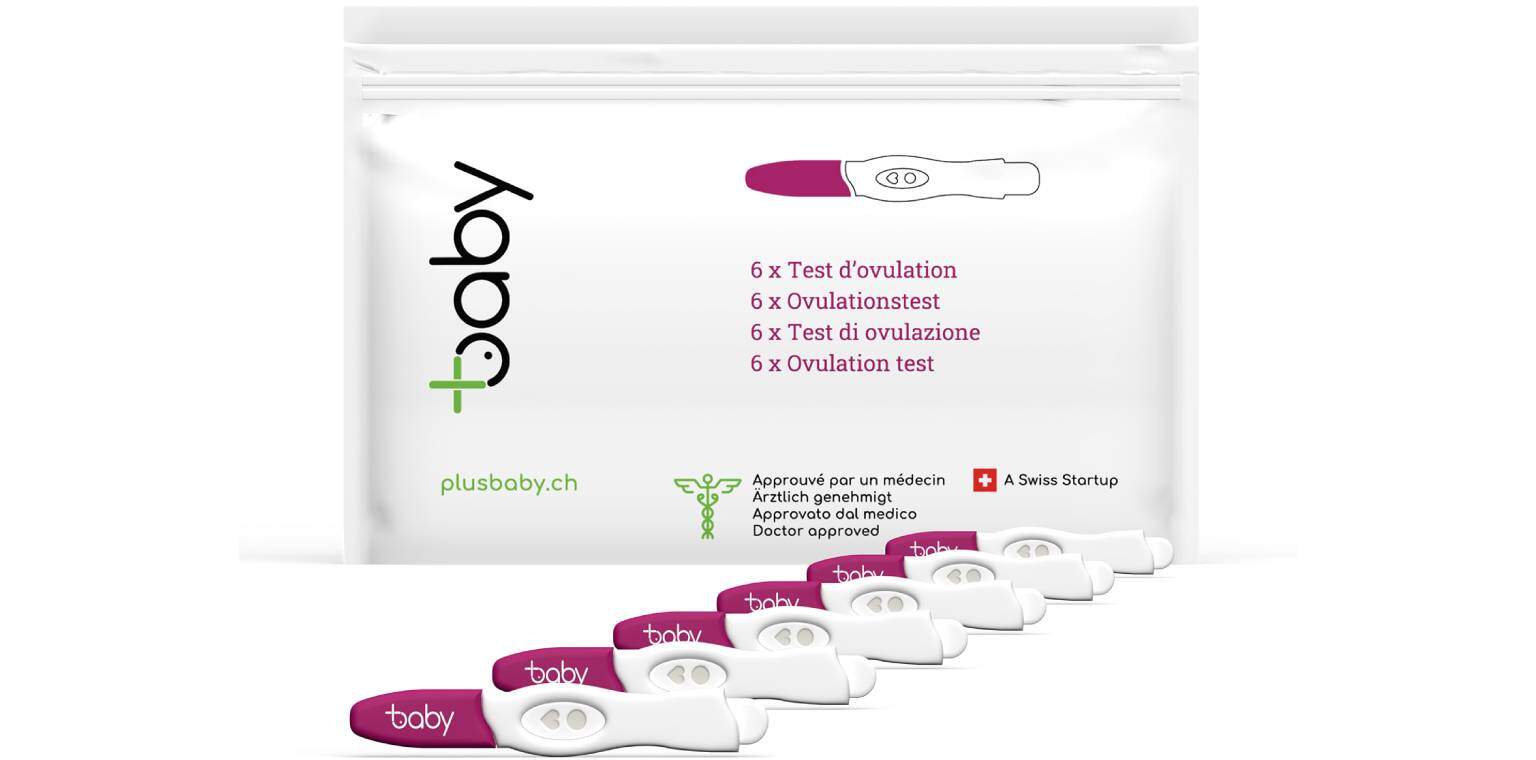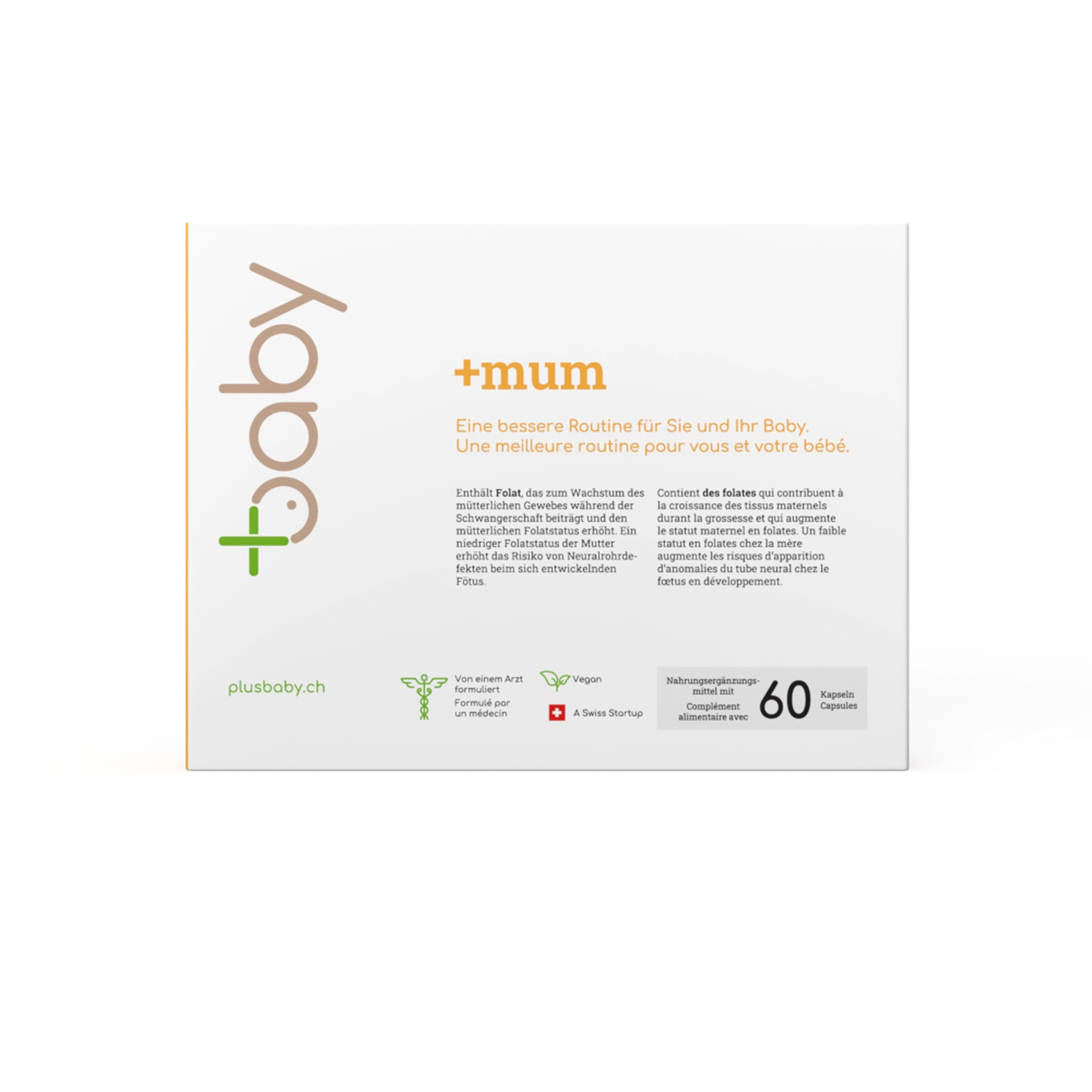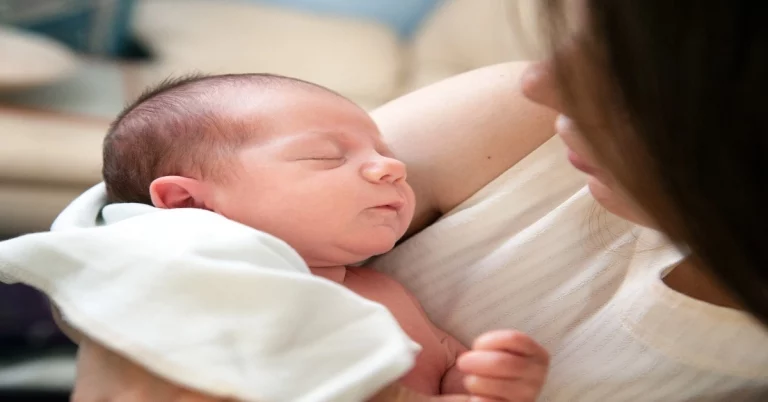To save you a lot of research into ovulation tests, we’ve answered all the important questions:
Every cycle is different, so when it comes to tracking ovulation, it’s not always black and white. In fact, doing an ovulation test can be so confusing that many people avoid it altogether. But trust us, once you know how beneficial it is to track your cycle, you’ll want to know exactly how ovulation tests work and what their results mean.
How do ovulation tests work?
Let’s start with the basics. Ovulation tests work by measuring a hormone called luteinising hormone (LH) in your urine. LH sends a signal from your brain to your ovaries that it’s time to ovulate. When LH levels are high, you are likely to ovulate between 16 and 48 hours after taking the test. This is called an LH surge and it’s what you’re looking for in ovulation test results. You are most fertile on the day of the LH surge and the following two days.
What do my ovulation test results mean?
Although ovulation tests are very similar to pregnancy tests, they have very different purposes. Each ovulation test is different, but they usually come with several tests and have similar instructions.
Like a pregnancy test, each ovulation test has two windows. One window shows a line indicating that the test is working correctly. This is called the control line. The second window will tell you whether your LH levels are high and whether you are likely to ovulate soon – this is called the test window.
If the line in the test window is as dark as or darker than the control line, this means that your LH levels are rising and ovulation is imminent.
When should I do ovulation tests?
It’s best to test between 10am and 8pm, so not with the first morning’s urine, as this is too concentrated and can give false results. Also, wait as long as possible after drinking. If you drink too much liquid before taking the test, your LH concentration will be diluted and it will be more difficult to detect ovulation.
On average, an LH surge lasts 2 days, but every woman has a different LH surge. You can therefore carry out a test twice on the day of the LH surge to get a better idea of when it started and how long it lasted (once in the late morning and a second time at the end of the day). If your ovulation test indicates that you have an LH surge, you are likely to ovulate within 48 hours of this positive test.
How should I plan intercourse when I’m ovulating?
Let’s talk about the fun part of ovulation: sex! Knowing when you ovulate is essential for planning sex, especially if you’re trying to get pregnant. Another confusing aspect of ovulation tests is that you don’t have to wait for a positive result to have sex.
Your body is fertile 2 to 3 days before ovulation, during ovulation and for two days afterwards. In other words, it’s advisable to start having sex a few days before ovulation and continue until 2 days afterwards. This is very calculated, as we know. That’s why we recommend testing more frequently than you might think.
How do you calculate when ovulation is likely?
It’s time to tackle the elephant in the room: how can I predict when I’m most likely to get a positive result? It’s a question of science. Ovulation generally begins around 14 days before the start of your period.
Depending on the length of your cycle, you can get a rough estimate of when you ovulate by finding the 14th day of your cycle, as your menstrual cycle ends the day before your next period. To measure the length of your cycle, count the number of days between the first day of your last period and the first day of your next period.
This question has serious consequences for women who, like us, have irregular cycles. Another disadvantage of irregular periods is the difficulty of predicting ovulation. It’s particularly important to keep a close eye on ovulation in the case of an unpredictable cycle, as it will be more difficult to grasp your ovulation window. If this is your case, we recommend that you fill up on ovulation tests every day to make sure you don’t miss it.
Can an ovulation test give a negative result even if I’m ovulating?
As with pregnancy tests, it is possible to get a negative result from ovulation tests when you are ovulating. One thing you can do to avoid getting a false negative result is to make sure you do the test early or late enough in your cycle. We like to do the test every day at the same time from 10 days into our cycle.
It’s important to remember that ovulation tests detect the hormone LH, not ovulation itself, and there is only a certain amount of time that the LH surge will be visible in your urine. Think of the LH surge as a warning that you are about to ovulate. If you don’t catch the LH surge while it’s happening, your test results will be negative and you’ll think you’re not ovulating when in fact you are.
Fortunately, monitoring your ovulation is much simpler than it looks. We’ve created a pack of six ovulation tests to help you make sure you don’t miss it!















